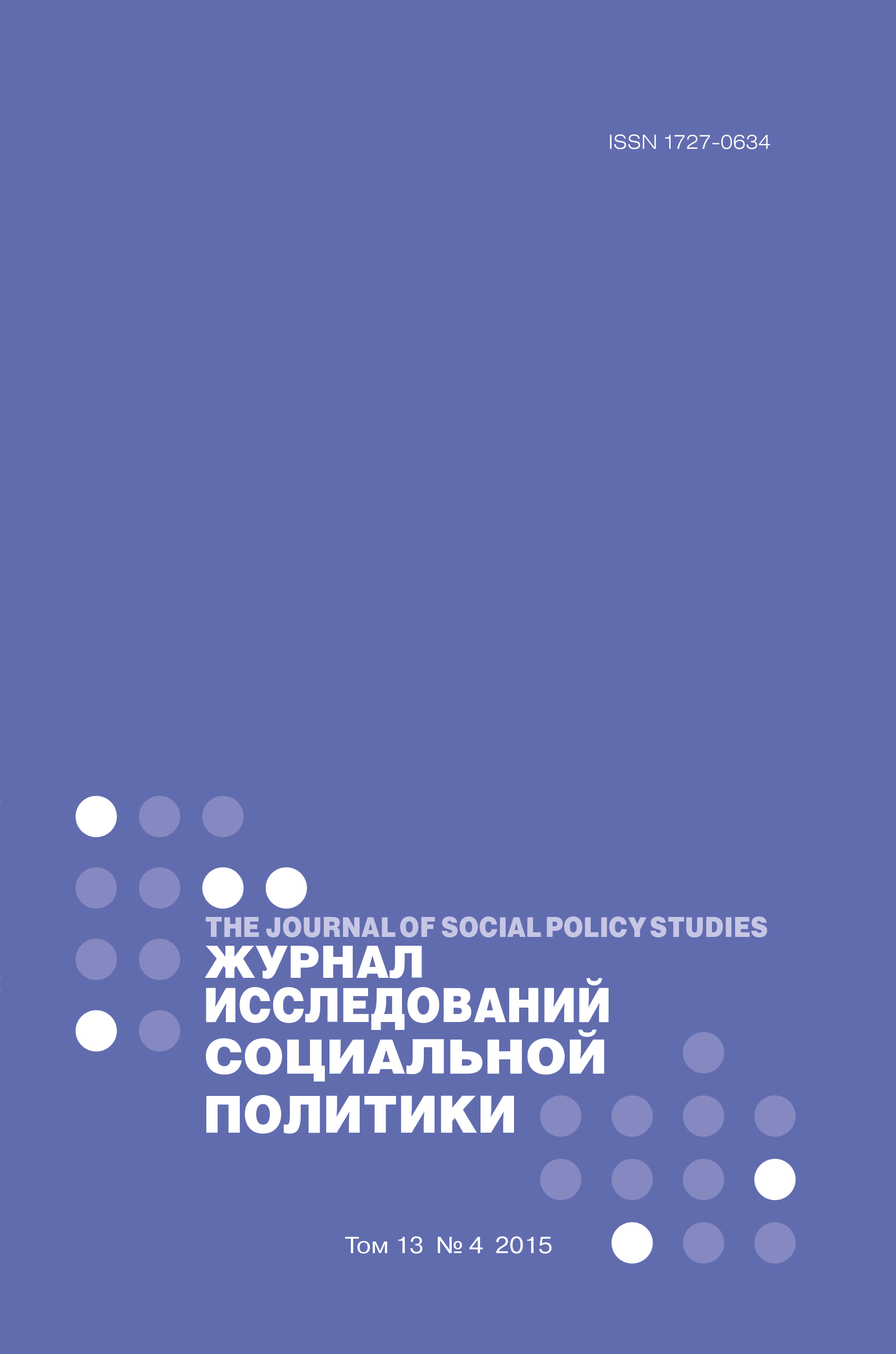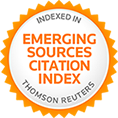Системное неравенство в образовании: сравнительная оценка грамотности в России и странах ОЭСР
Ключевые слова:
компетентность, грамотность, система образования, образовательное неравенство
Аннотация
Исследование профессий и профессионализма сегодня все в большей мере связано с измерением знания и компетентности, оценкой результативности национальных образовательных систем. В рамках данной статьи анализируется эффективность отечественной образовательной системы на разных ее уровнях и в разных сегментах в сопоставлении со странами с наиболее развитыми экономиками. На макроуровне выполняется исследование грамотности нескольких поколений с целью выявления устойчивости или изменчивости образовательных результатов (в том числе отдаленных) в разных группах – низко- и высокообразованных, со значительными и малыми ресурсами. Эмпирической базой исследования выступают массивы исследований PISA (всех раундов с участием России) и PIAAC. Центральными вопросами статьи стали: существуют ли особенности российского образования при измерении его результатов на макроуровне в сопоставлениями с ведущими странами мира? Если такие особенности существуют, то каковы преимущества и каковы недостатки отечественного образования? Изменяются ли эти результаты со временем и каковы тенденции этих изменений?Скачивания
Данные скачивания пока не доступны.
Опубликован
2015-11-23
Как цитировать
КузьминаЮ. В., & ПоповД. С. (2015). Системное неравенство в образовании: сравнительная оценка грамотности в России и странах ОЭСР. The Journal of Social Policy Studies, 13(4), 529-546. извлечено от https://jsps.hse.ru/article/view/3298
Раздел
СТАТЬИ НА РУССКОМ ЯЗЫКЕ















